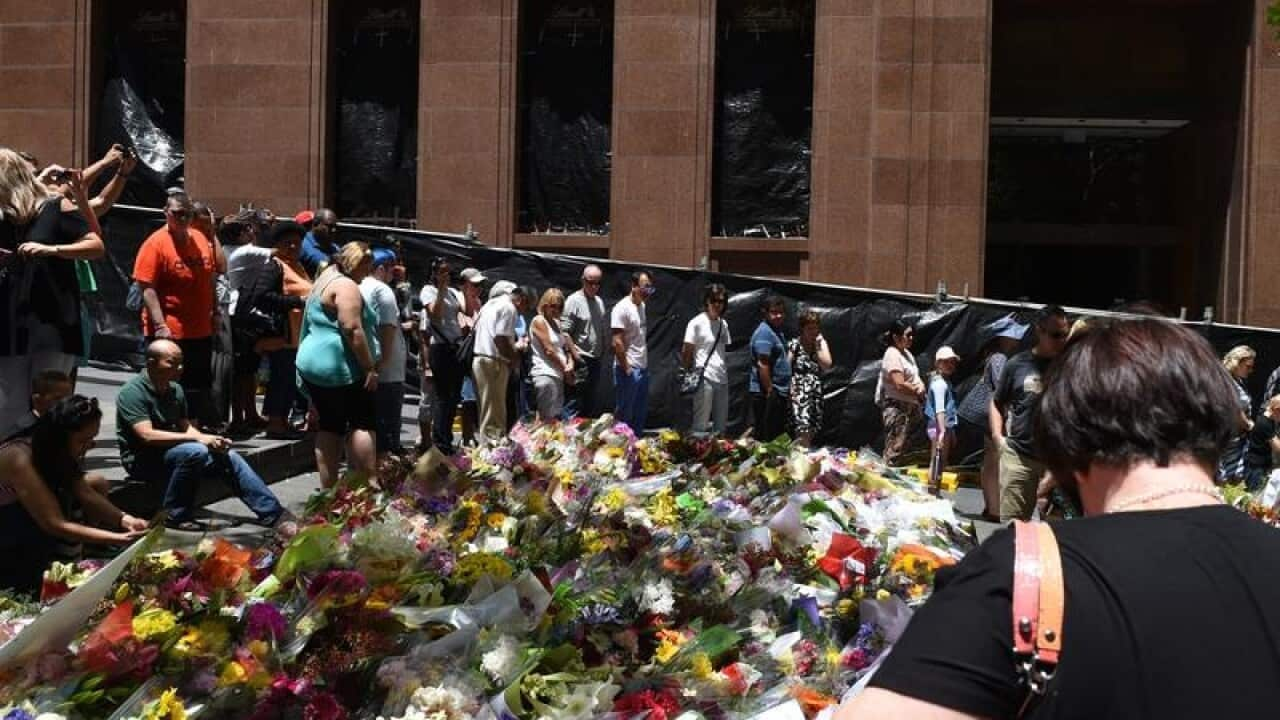Defence Minister Marise Payne won't say whether new military call-out powers would have made a difference to the outcome of the deadly Lindt Cafe siege in 2014.
Two people died when gunman Man Haron Monis took 18 people hostage for 16 hours during a stand-off with NSW Police in Sydney's Martin Place.
The police were criticised over their handling of the siege, including an apparent reluctance to take the then-necessary steps to call in the army's special forces.
But it will soon be easier for state and territory governments to call in troops to help respond to terrorist attacks.
The federal government on Thursday introduced draft laws to parliament updating military call-out powers.
Attorney-General Christian Porter says recent attacks in London and Paris prompted a reassessment of the ability to pre-authorise call-outs.
"These types of attacks require immediate response to save lives and to neutralise the threat," he said.
He earlier suggested the powers could apply to long siege situations or where attacks occur across multiple locations.
Senator Payne though was reluctant to say whether the deadly outcome of the Lindt Cafe siege would have been different if those powers were available then.
"I don't think it helps to second guess, in the case of the events in Sydney on that tragic night, whether it would have made a difference or not," she told ABC radio.
"I don't think that adds to the discussion.'
The legal changes are the most significant since call-out powers were first introduced in the lead up to the Sydney Olympics.
The terrorism threat Australia faces today was greater and more complex than ever, Mr Porter said.
Under existing arrangements, states have to declare a situation out of control and beyond their resources before the military can be called in to assist local authorities.
The changes come after recent international terrorist attacks and follow an inquest into the Lindt Cafe siege.
Senator Payne said the changes would give the Australian Defence Force pre-approval to respond to threats on land, at sea and in the air.
It will also simplify and expand the military's powers to search, seize, and control movement at the scene of a terrorist incident.
"These reforms will ensure Defence is more flexible and agile in the way it supports states and territories," Senator Payne said.
States and territories will continue to have primary responsibility for protecting life and property in their jurisdictions, Mr Porter said.
Prime Minister Malcolm Turnbull announced a year ago there would be increased co-operation between police and the military in response to incidents, including special forces providing specialised training to local officers.
Share

